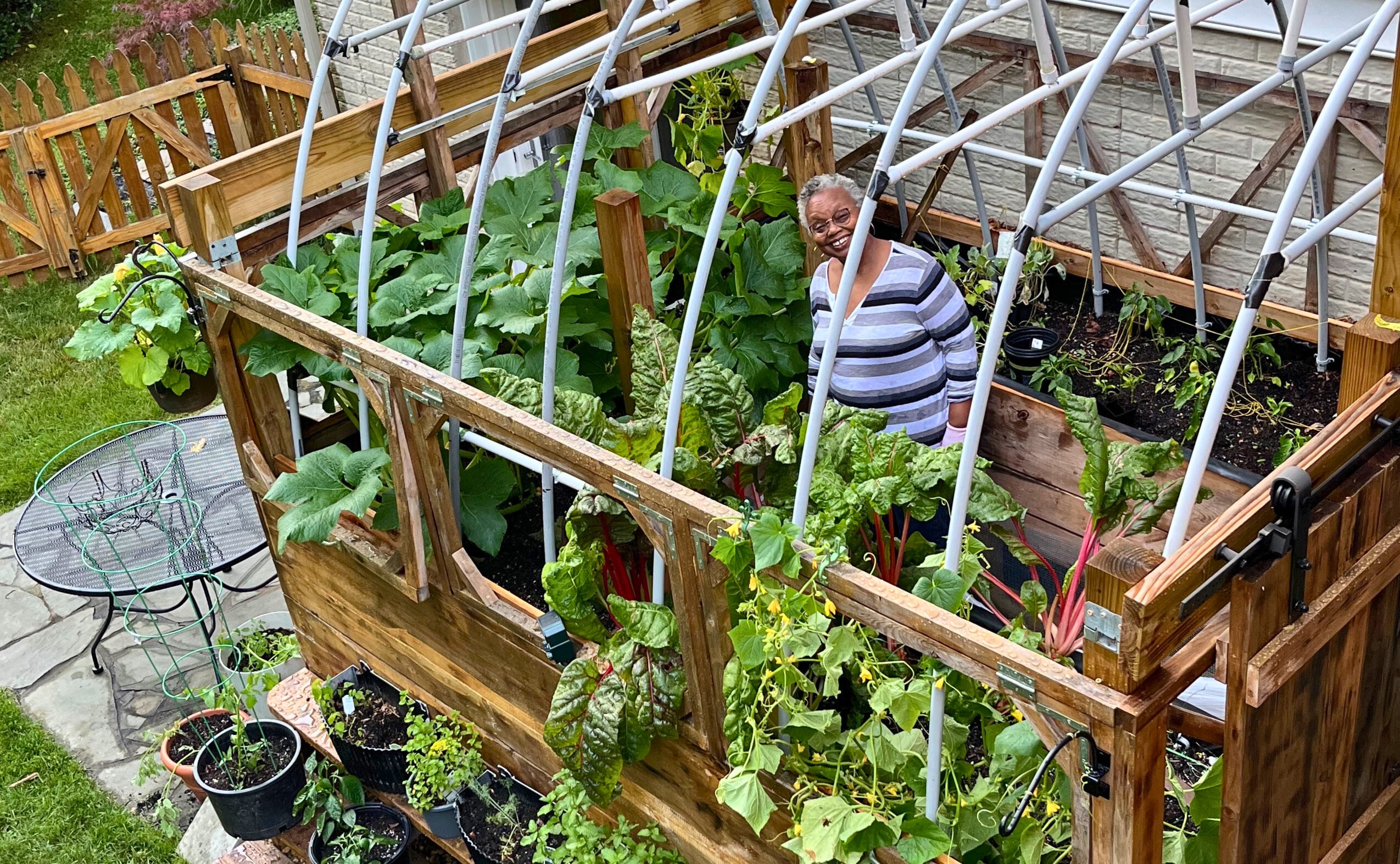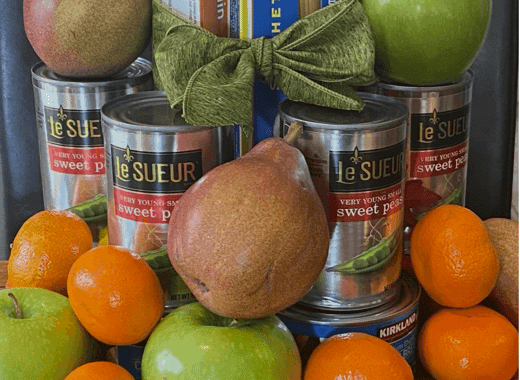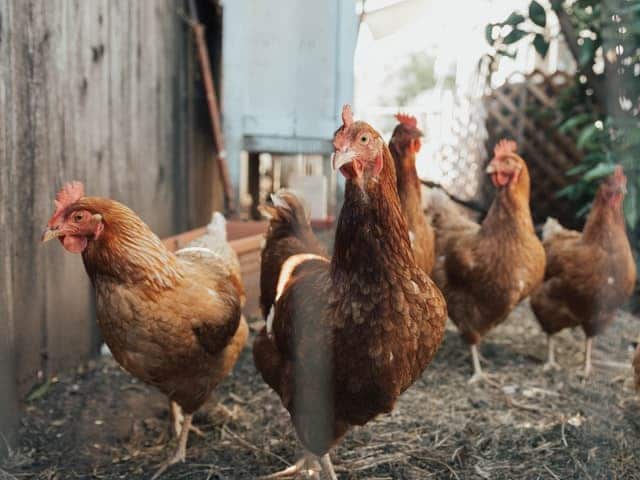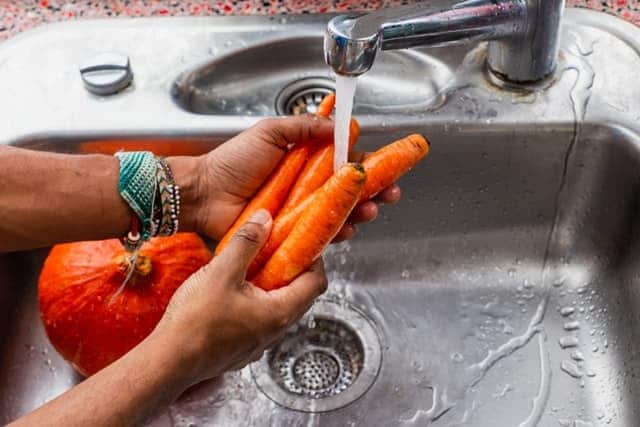Respecting the land and sowing seeds is part of my family history and legacy. My family owned and farmed land in Alabama even before they moved to West Virginia in the 1920’s to work in the coal mines. Knowing how to feed oneself was an important survival skill to be passed on to each generation, including mine. During that time, many families only had access to blue collar jobs with low paying wages and worse access to good health care. The jobs were very physical and dangerous. Unemployment, strikes, injuries and possibly death were daily concerns. Knowing how to grow and store one’s food was critical to the overall health and welfare of the family.
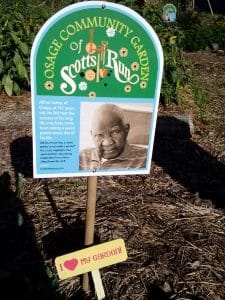
Growing our own food provided another important aspect to our lives, one of community. As gardeners, we generally always had more than enough harvest to share with our neighbors, even after preserving what foods we needed for the winter. Sharing fresh food was always a means of having conversation with our neighbors. We shared our bounty regardless of whether our neighbors were in need or not in need, it was caring for one another. I can remember times when the mines would go on strike for weeks at time with no income. However, we had the produce from our gardens to supplement our meals.
Even today, I share my produce with my neighbors and those I meet, despite there being a significant difference in the economic background from which I was raised. Many churches I have attended have food pantries. The parishioners who have gardens bring their excess crops or as some would say, “plant a little extra for their neighbors,” to the church and place it on the table during social hour to share with the church community. Once I moved to a suburban environment, I didn’t have as much area to grow my veggies and I began growing them in pots. I also learned to seek the roadside stands and farmers markets to source my fresh produce, just as I had done as a child when harvest was not enough.
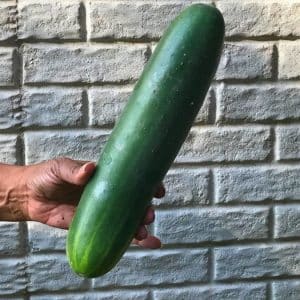
Aremita Watson is Chief Executive Officer for Aremita Corporation, a business focused on delivering strategic management solutions to non-profit and for-profit organizations. Her extracurricular activities include leading an investment club, and gardening.
